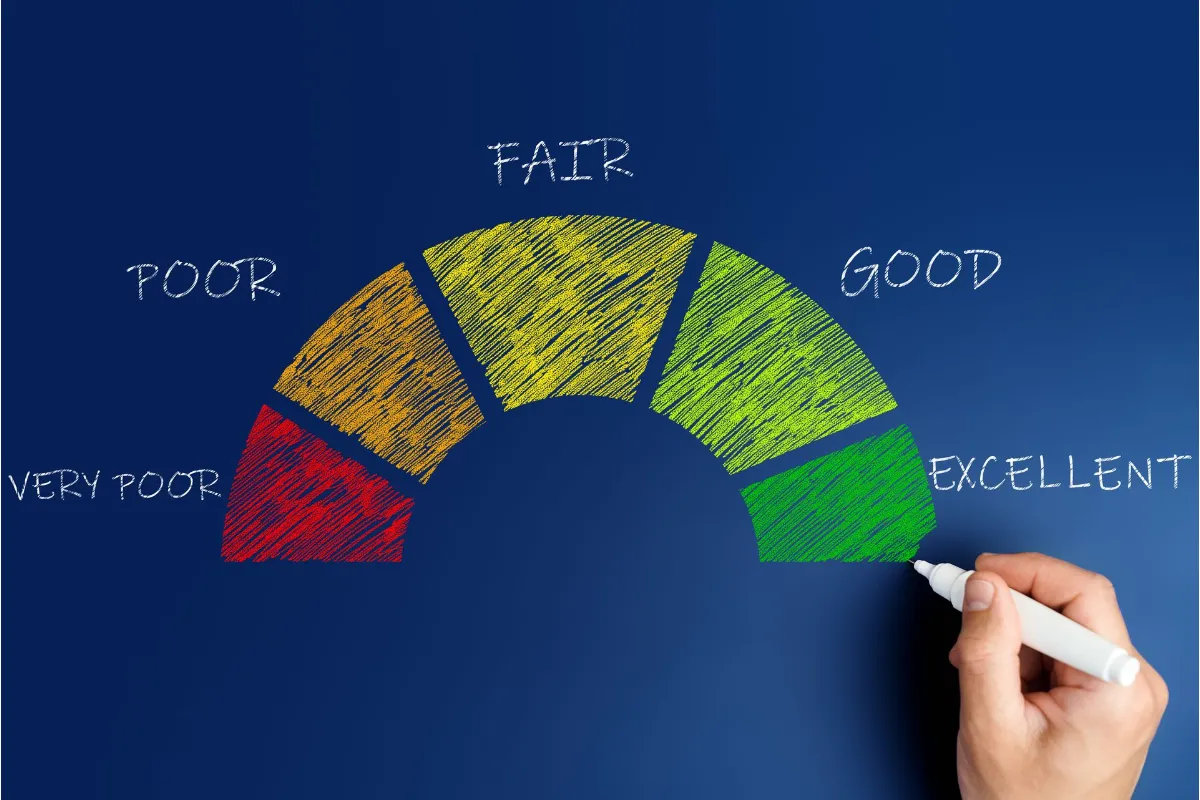
Most Australians carry some form of debt, but that does not mean that all debt is necessarily bad. Some debt can help you grow your wealth, while other debt types will drag you backwards. From mortgages and car loans to credit cards and buy-now-pay-later services, it can feel like it is never ending balancing act.
The challenge is knowing the difference and employing a clear and achievable strategy to manage your debt successfully and for the right reasons. A professional financial planner is a financial guidance expert. They can help identify which debts work for you and which hold you back, providing a clear path forward.
Bad debt vs Good debt
Is any debt good? We are frequently asked this question. In today’s economic conditions, living without some form of debt is increasingly hard. The fact is that not all debt is created equal.
The role of a financial planner has many moving parts, and one cog is helping individuals and families distinguish between “good” and “bad” debt.
So, what is “Good Debt?” Good debt is generally tied to an appreciating asset. The most common is a mortgage (home loan). All things being equal, your home value increases over time, and you are paying down an appreciating asset rather than paying rent, which goes to paying down the landlord’s mortgage. This debt is working for you. Other examples of “Good Debt” would include”
- Property investment loans. Borrowing to purchase an investment property can be considered good debt, provided the property has strong rental demand and potential for capital growth. Interest and many property-related expenses may also be tax-deductible, which can improve after-tax returns.
- Margin loans for shares or ETFs. A margin loan allows you to borrow to invest in shares or exchange-traded funds (ETFs). While this can amplify returns, it also magnifies losses, so it’s most suitable for investors with higher risk tolerance and a solid long-term strategy.
- Business loans for growth. Taking on debt to start or expand a business, such as funding equipment, stock, or marketing, can generate income well above the cost of borrowing if managed wisely.
- HECS-HELP. While technically not a direct investment in assets, HECS-HELP debt can be considered an investment in your future earning capacity. A higher qualification often leads to greater career opportunities and income potential.
- Borrowing for managed investment schemes. Some investors use structured loans to access managed funds or diversified investment schemes. These arrangements can provide exposure to professional investment management and potentially tax advantages, though they carry risks and should be cautiously approached.
Bad debt, on the other hand, is money borrowed for things that don’t hold or grow in value. High-interest credit cards, payday loans, buy-now-pay-later services, or personal loans for holidays, clothes, or gadgets fall into this category. They cost you more over time and rarely provide financial benefits.
- Credit card debt is one of the biggest financial barriers for individuals and families who use it for discretionary spending. The high interest rates can be overwhelming if the facility is not managed correctly.
- Buy Now, Pay Later (BNPL) services involve small instalment payments that accumulate across multiple platforms, leading to hidden long-term costs.
- Personal loans for lifestyle purposes, such as borrowing for holidays, weddings, or cosmetic upgrades, provide no lasting financial benefit.
- Car Loans for non-essential upgrades: Borrowing to purchase a luxury or new car beyond your means.
- Unsecured business loans at high rates: Short-term loans taken without a clear repayment plan or return on investment.
- Leasing non-essential equipment: Paying ongoing lease fees for flashy technology or vehicles that don’t generate income.
- Constantly dipping into overdrafts to cover basic expenses, rather than managing cash flow effectively.
- Borrowing more to repay existing loans without addressing the underlying issues.
A financial planner can audit your debt situation, categorise it, and create a strategy to begin decluttering the bad debt and maximising the value of the good debt.
This is how we help
A planner will review all your debts, interest rates, and repayment terms, then design a plan that shows you the quickest and most cost-effective way to pay them down. Common strategies include the debt snowball method, paying off the smallest balances first, or the debt avalanche method, tackling the highest interest rates first. Sometimes, consolidating multiple debts into a single loan or refinancing to a lower interest rate can make repayments more manageable. A planner can compare options, crunch the numbers, and advise whether this strategy makes sense for you.
Clearing debt isn’t just about making draconian payments that stifle your life. It centres on ensuring your income and spending are aligned. A planner can help you create a budget that prioritises essentials, trims unnecessary expenses, and allows you to enjoy life. Even small changes can free up extra cash to pay down debt faster.
A big reason for bad debt is overspending, and it is easy to do and very common. A financial planner will educate you on the value of healthy money habits. Cancelling credit cards, lowering credit limits and setting up automatic transfers to a savings account.
Another reason people fall into debt is a lack of an emergency fund. A planner helps you build a small emergency fund, so you don’t have to reach for the credit card next time an unexpected expense arises.
There is a way forward
It is overwhelming when you feel you’re drowning in debt; however, there is a way forward. Working with a financial planner can help set realistic goals for paying off the “bad debt”. Once bad debt is under control, a financial planner can help you:
- Redirect freed-up cash into savings or investments.
- Build a stronger superannuation balance for retirement.
- Plan for big life goals, such as a financially secure retirement.
It isn’t about eliminating all debt overnight. It’s about making smarter choices with the debt you have, creating a repayment plan you can stick to, and laying the groundwork for long-term financial security.

We can help
Step Up Financial Group, now AFPG, has the expertise to guide you with professional financial planning advice regardless of your life stage. We’ve helped hundreds of Australians and families find a secure future.
Contact us today for experienced, compassionate, and professional estate planning advice.
